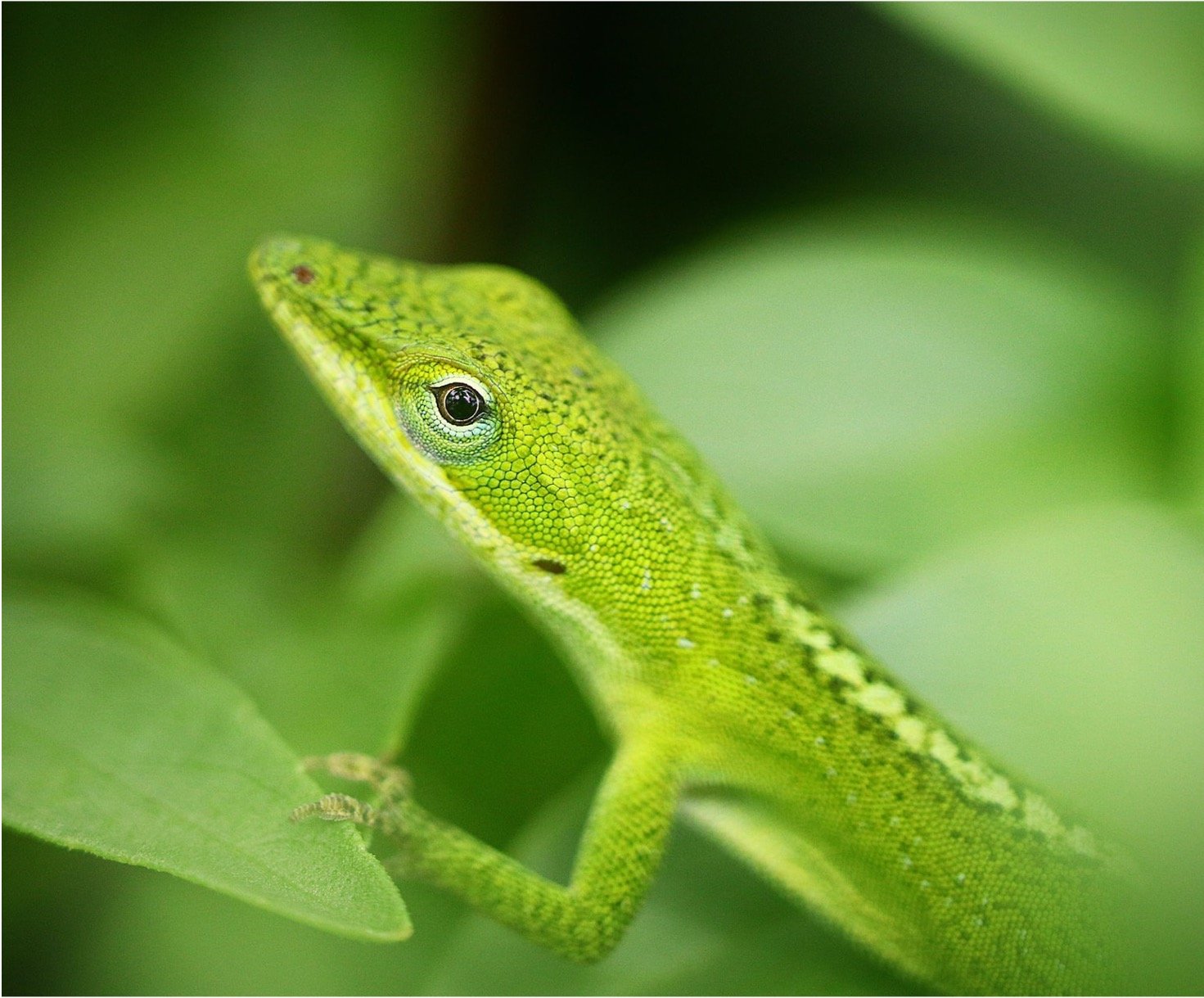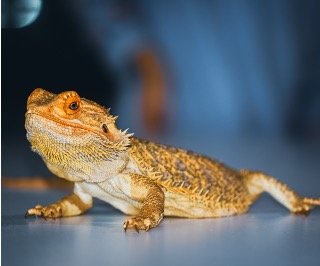
Bearded Dragons looking to Eat?
Bearded dragons, contrary to common opinion, are not finicky eaters. Both insects like crickets and mealworms and vegetables like kale and parsley are enjoyed by them. Bearded dragon diets are a topic rife with falsehoods, which can make learning the basics difficult for a new owner.
The most widespread misconception is that they will eat insects caught in the wild. The idea that lettuce is an excellent staple diet for them is also widely held. Two errors here! For proper development, including bone density maintenance, and general well-being, Bearded Dragons require a balanced diet.
Mishandling a bearded dragon’s nutrition can have negative effects on its health.
Also, know What Do Box Turtles Eat? Complete Diet & Feeding Guide
Importance Of A Good Diet
The health and longevity of bearded dragons depend on the quality of the food they consume (like any other pet). Of course, the health of your bearded dragon isn’t the only benefit of feeding it a healthy diet. In addition to extending their lives and keeping their colors bright, it also makes them more active.
What Do Bearded Dragons Eat?
Bearded dragons are omnivores that feast on a wide range of foods, including insects, flowers, fruit, vegetables, and even the rare rodent or lizard. They burn off a lot of calories in the wild by jumping from branch to branch, darting across rocks, and digging burrows.
As a result, their diet is largely composed of insects. When compared to their wild counterparts, domesticated bearded dragons are typically less active since they have fewer opportunities for exercise and exploration.
Preventing obesity requires that you maintain a healthy, controlled diet for them. (Yes, your dragon can get too fat; she will eat just about anything you give her, so you’ll want to watch her portions.)
Best Bugs For Your Beardie
Bearded dragons thrive on a diet of live insects. That being said, feeding time is exciting to watch if you like chase scenes. Roaches, crickets, and worms are common pet dragon diet staples. Pick one specific insect to serve as the staple, primary protein source for your dragon, and supplement it with a wide range of other insects.
Bearded Dragon Food Habits For Both Young and Old Bearded Dragons
Reptile specialist Pete Hawkins recommends feeding insects five out of seven times a week to bearded dragons between the ages of 6 and 12 months, in addition to providing greens on a daily basis. Again, fruit can still be there, but only in little amounts and not every day.
Bearded Dragons that are 12 months old or older should eat less meat and insects now that they are adults. Dragons can get by on two or three weekly doses of insects and a daily dose of greens.

List Of Safe Foods For Bearded Dragons
It can be confusing to figure out what is safe to feed a bearded dragon if you’ve never had one before. The bearded dragon can safely consume the insects, veggies, and fruits on this extensive list. Never give your pet stale or moldy food, and always wash and cut fruits and vegetables thoroughly before serving.
Insects
- Cockroaches
- Crickets (Young crickets known as pinhead crickets are ideal for juveniles) (Young crickets known as pinhead crickets are right for juveniles)
- A cockroach species is called a dubia.
- Earthworms
- A worm’s gotta eat, and if it’s a
- Mealworms
- Cute little mice (safe for larger bearded dragons as an occasional treat)
- Spiders
- Waxed worms (High in fat, so use as an occasional treat)
Vegetables
- Asparagus
- Vegetables that resemble bells
- Bok choi
- Broccoli
- Cabbage
- Cilantro
- Tossed collards
- Plants related to dandelions
- Vegetables in a Bag, Frozen
- Carrots that have been grated
- Consisting of green beans
- Kale
- Green mustard
- Okra
- Parsley
- Peas
- Sprouts
- Squash
- Potatoes, sweet
- Snail greens
- Watercress
- Zucchini
Fruits
- Apples
- Apricots
- Bananas (flesh and peel) (flesh and peel)
- Dates
- Figs
- Grapes
- Grapes
- Kiwi
- Mango
- Melon
- Papaya
- Peaches
- Pears
- Plums
- Raspberries
- Strawberries
- Watermelon
Avoidable Foods
There are many things that you shouldn’t give your bearded dragon, therefore it’s crucial to know what they are. Some of these foods aren’t good for bearded dragons in general, while others can cause them to become quite ill very quickly.
You shouldn’t give your bearded dragon anything that emits light, like a firefly or a lightning bug, for example. The bearded dragon is extremely sensitive to the chemical that gives these insects their glow.
Bearded dragons should avoid avocados because they are similarly poisonous to them. Some people mistakenly believe that bearded dragons shouldn’t eat eggs, but this is not the case.
Although bearded dragons can get the majority of the water they need from their food, you should also provide them with a water dish.
Make sure there is a bowl of water in your dragon’s cage at all times, and watch to see whether it gets any use out of it. Some draconians would rather take a dip in their water dish (after all, they come from a hot climate).
Frequently changing the bearded dragon’s water is necessary because they have a tendency to urinate or leave solid waste in their bowl. Also, after each feeding, empty the bowl of any dead insects that may have drowned in the water.
You can spritz the cage once or twice a day with water if your dragon isn’t drinking from the dish. It will hydrate your pet and give him the feeling of being in the Australian outback after a rainstorm or in the morning after a dewfall.
How To Treat A Sick Bearded Dragon With The Best Diet?
If your veterinarian has detected an ailment, they may be able to advise you on a special diet for your pet. Here you can locate a veterinarian who focuses on treating unusual animals. It’s possible to improve your dragon’s health by changing the way you feed it in specific situations.
It may be necessary to delay the introduction of solid foods if they are dehydrated. Watery mixtures of food and nutrients can be fed via syringe to those with various diseases. You need to gradually increase your intake of solid foods. But before making any drastic dietary changes to your pet, talk to your vet.
Summary
One of the most popular lizards kept as pets is the bearded dragon. Juveniles require a diet high in insects and some plant matter. The recommended feeding schedule is three times daily. Bearded dragons should be switched to an adult diet at 18 months of age.
Adults should be fed once daily, and their diet should primarily consist of greens and vegetables, with some insects thrown in for variety. Make sure your bearded dragon receives all the nutrients it needs by mixing up its diet, including giving it the occasional fruit and gut-loading it on insects before you feed it.
Maintaining a balanced food for your pet is essential to excellent husbandry practices that will keep it content and healthy.





